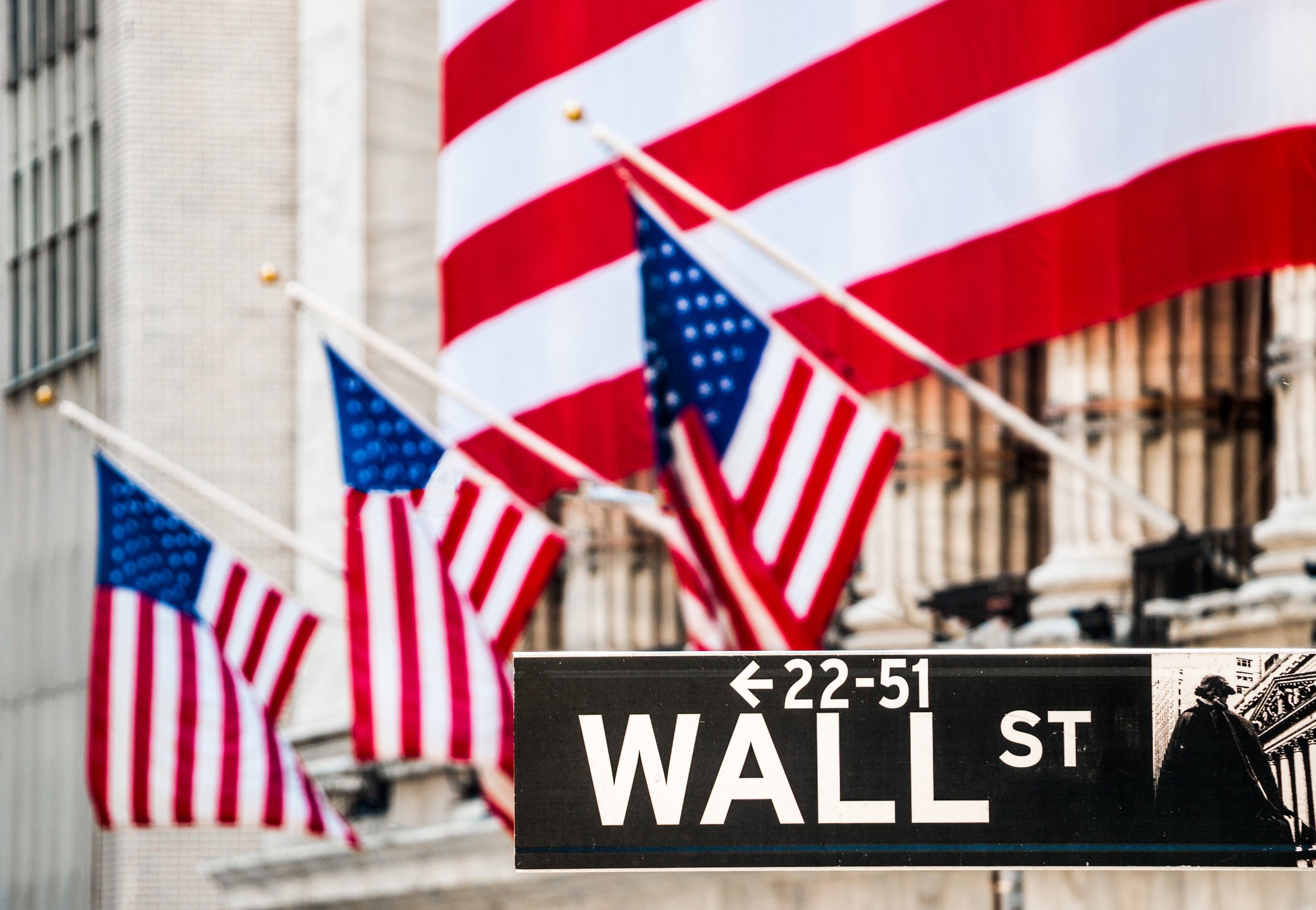The stock market has performed amazingly well over the past decade, recovering nicely from the stresses of the financial crisis in the late 2000s. As a result, an entire rising generation of new investors has never seen the sorts of market pullbacks that typically happen a lot more often.
It's reasonable to question your judgment when you see markets fall the way they have during the first two days of this week -- and see the value of your investment portfolio fall along with them. It's also easy to let your emotions get the better of you, as they seek to respond to the pain of losses by having you make rash decisions. But even in a market free fall, you can't afford to give in to your emotions. Instead you have to have a more rational approach and trust the long-term strategy you have in place to reach your financial goals.

Image source: Getty Images.
The facts look scary...
To try to get some perspective, let's start by looking at what's happened. It's easy to portray the facts in an alarming way:
- The Dow Jones Industrials (^DJI +0.11%) dropped more than 1,000 points on Monday, Feb. 24. It was the third-largest point decline for the Dow in history.
- The Dow followed that up with a steep decline of 879 points the next day. That was the fourth-largest point drop in Dow history.
- The combined two-day decline of 1,911 points was the Dow's worst ever in terms of points lost over two market sessions.
- Broader markets similarly posted scary drops. The S&P 500's 112-point decline on Monday was its second worst ever, and the 98-point drop Tuesday made the top five.
...but there's another side of the coin
Having an emotional reaction to this news is only natural. But if you can put the facts into a different framework that doesn't just focus on the near-term pain, it'll help you overcome your emotions and keep yourself on track with your investing strategy. Consider the following:
1. Don't let points trick you
The declines over the past two days have shown that markets can be volatile, but it's essential not to overstate the size of the move. The two-day drop in the S&P 500 amounts to just over 6%, while the Dow's decline was between 6.5% and 7%.
Those are steep losses, but they pale in comparison to true crashes. Back in 2008, for instance, the Dow was posting one-day point losses smaller than these, but because the average was so much lower, the swings regularly amounted to 7% or 8% moves in a single day. In one week in October, the Dow lost 1,874 points. That 18% drop was the worst ever in a week, and it makes the 6% to 7% declines we've seen so far look a lot less intimidating.
2. We haven't lost much time
Given how much attention the market free fall has gotten, you'd think that investors would've seen most of their gains evaporate. It's true that the move lower has wiped out previous gains in 2020 that took markets to record highs.
However, the market was at lower levels than this as recently as last October. After 2019's impressive performance for the market, most investors are still far better off than they were a year ago. When you get a broader perspective, it's easier to see that brief air pockets get more attention than they deserve.
3. You won't remember this
Pop quiz! When was the last time the market fell this much? Don't be surprised if you can't remember that the last time the Dow suffered four-digit drops was back in February 2018.
At the time, investors seemed afraid that the previously friendly Federal Reserve would start to raise interest rates in anticipation of greater inflationary pressures. Yet the decline quickly reversed itself, and many now look back at the episode as having had little basis in fact. That's not to say that the current drop will have such a quick and happy ending, but given enough time, it's unlikely that the market's declines earlier this week will create lasting memories.
Keep your cool
If markets weren't volatile, then anybody could be a successful investor. Occasional drops like this test everyone's resolve, but the most successful investors are able to endure tough times and turn them to their advantage. If you can stop yourself from doing anything impulsive and start looking for ways to capitalize on falling stocks, even a market free fall can do you good in the long run.






